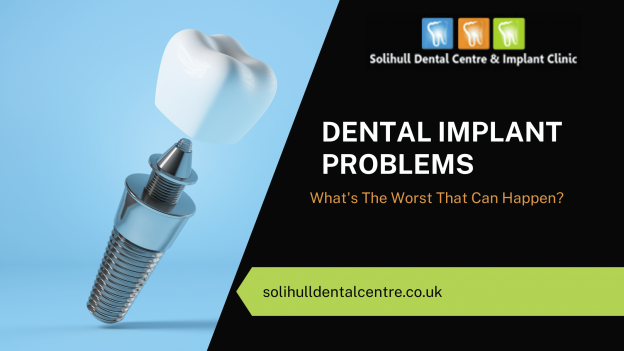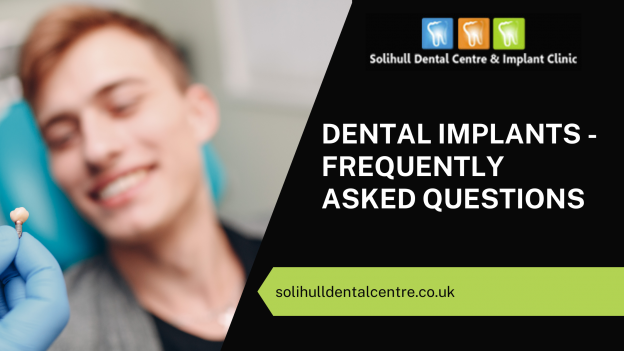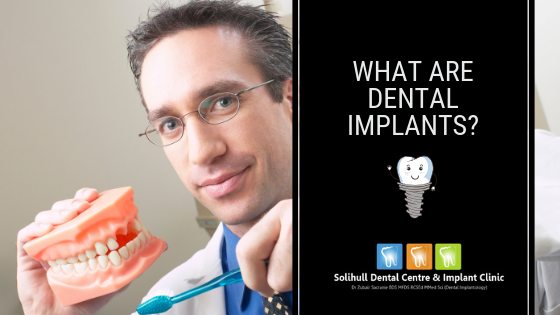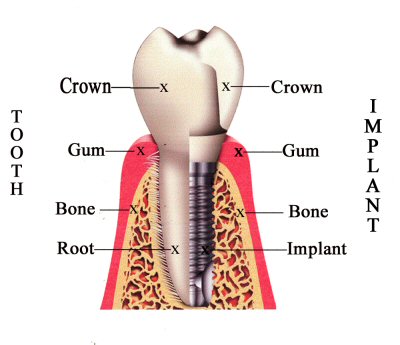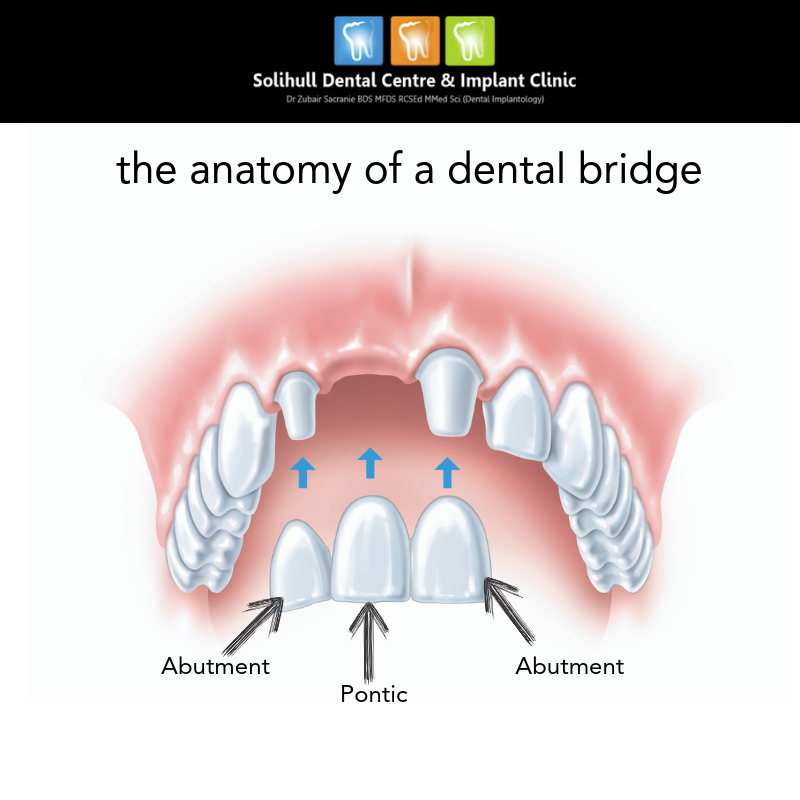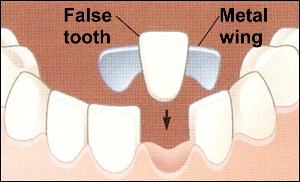As a dental professional with extensive experience in cosmetic dentistry and dental implantology, I’ve seen how transformative dental implants can be for patients. Whether you’re looking to replace a single tooth, enhance your complete smile, or restore your oral health, dental implants are a reliable, long-lasting solution. At Solihull Dental Centre & Implant Clinic, located in the heart of the West Midlands, we’re proud to offer exceptional dental implant treatment tailored to your needs.
In this blog, I’ll address common questions about dental implants, helping you make informed decisions about your dental care.
How Long Do Dental Implants Last?
One of the most frequent questions I receive during an implant consultation is about the longevity of dental implants. Simply put, with proper care, dental implants can last a lifetime. However, their durability depends on several factors, including:
- Oral Health: Good oral hygiene practices, such as regular brushing, flossing, and dental check-ups, are essential for maintaining the longevity of your implants.
- Bone Quality: Implants rely on the surrounding bone for stability. Patients with strong, healthy bone tissue typically enjoy longer-lasting results.
- Lifestyle Choices: Smoking and poor dietary habits can compromise the success of implants.
- Dental Care Team: Choosing an experienced and skilled implants clinic, like ours in Solihull, ensures the best possible outcomes.
Do Dental Implants Hurt?
Many patients worry about pain during dental implant treatment. The truth is, with the use of local anaesthetic, most people experience little to no discomfort during the procedure. Local anaesthetic numbs the area, allowing us to work while you remain comfortable.
After the procedure, some mild discomfort is normal as your body begins to heal. This can usually be managed with over-the-counter pain relief. Most of my patients are pleasantly surprised at how manageable the recovery process is.
For those feeling nervous, our friendly team is here to ensure you feel at ease throughout your journey. From the initial consultation to the final restoration, your comfort is our priority.
What Are Other Options to Dental Implants?
While dental implants are a gold standard for replacing a single tooth or restoring multiple missing teeth, they’re not the only option. Depending on your unique needs and goals, alternatives include:
- Dentures: A more affordable option that provides a removable solution for missing teeth. While they’re effective, dentures may not feel as natural or stable as implants.
- Dental Bridges: Ideal for replacing a single tooth or a few missing teeth, bridges rely on adjacent natural teeth for support. They don’t preserve bone health as implants do, but they’re a viable solution for many patients.
- Day Teeth or Same-Day Implants: In some cases, we can provide implants to replace teeth in a single day. This depends on the patient’s bone density and oral health.
During your intitial consultation, we’ll discuss all available options to help you decide on the best treatment plan for your needs.
What Does Torque Mean for Dental Implant Screws?
In dental implantology, torque refers to the force applied when securing the implant into the jawbone. Getting the torque right is crucial for implant stability and long-term success.
Here’s why it matters:
- Too Much Torque: Over-tightening can damage the surrounding bone, compromising the implant’s integrity.
- Too Little Torque: Insufficient tightening may cause the implant to loosen over time.
At Solihull Dental Centre & Implant Clinic, we use advanced technology to ensure precise torque application, giving you the best foundation for a secure and stable implant. This meticulous attention to detail sets our implants clinic apart.
How Long Does a Dental Implant Take?
The timeline for a dental implant varies depending on the complexity of your case. Here’s a general breakdown of the process:
- Implant Consultation and Treatment Plan: During this initial visit, we assess your oral health, take detailed scans, and discuss your goals. This helps us create a personalised treatment plan.
- Implant Placement: The implant is surgically placed into the jawbone under local anaesthetic. This typically takes about 1–2 hours per implant.
- Healing Period: The implant needs time to integrate with the bone (a process called osseointegration). This can take 3–6 months.
- Restoration: Once the implant has fully integrated, we attach a custom crown, bridge, or denture to complete your natural tooth replacement.
For some patients, such as those with strong bone quality and no additional treatments required, we may offer same day teeth for a faster solution.
Why Choose Solihull Dental for Your Implants?
At Solihull Dental Centre & Implant Clinic, we’re passionate about providing high-quality dental implant treatment to help our patients achieve their best smiles. Here’s what sets us apart:
- Expertise You Can Trust: With extensive training and experience, I’ve worked with leading cosmetic and implant surgeons across the UK. My team and I bring this expertise to every case.
- State-of-the-Art Technology: We use the latest advancements in dental technology to ensure precise, predictable results.
- Comprehensive Care: From replacing a single tooth to restoring a complete smile, we offer a full range of dental treatments tailored to your needs.
- Patient-Centered Approach: Our friendly team is committed to creating a relaxed environment where you feel informed, comfortable, and confident in your care.
Your journey to a confident smile starts here. Contact us today to schedule your visit!


